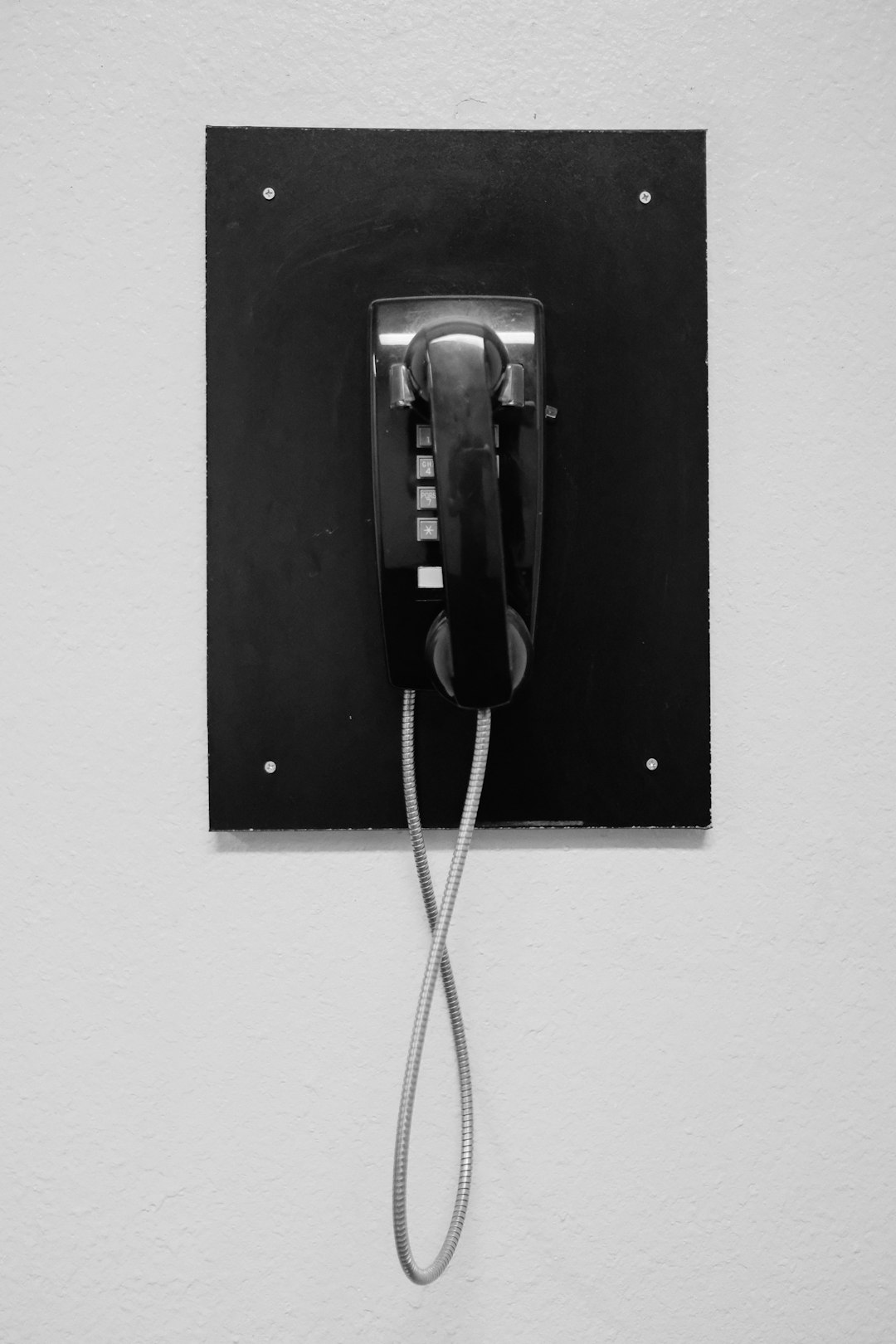In a recent regulatory shift, Utah has repealed bond obligations for debt collectors, simplifying legal frameworks and operations for both collectors and specialized attorneys. This change eliminates consumer financial safeguards and potentially increases the aggressiveness of debt recovery practices. Debt collector attorneys in Utah now navigate reduced administrative burdens but must prioritize ethical practices and state compliance to maintain consumer trust and stay ahead of evolving regulations, emphasizing the need for informed strategies among industry professionals.
In a significant shift, Utah has recently repealed its debt collector bond requirements, marking a new era for the state’s debt collection practices. This change, effective immediately, eliminates the need for debt collectors operating in Utah to obtain bonds, simplifying the regulatory landscape. The repeal raises questions about how this decision will impact local debt collection agencies and their interactions with consumers. For debt collector attorneys in Utah, understanding these implications is crucial to navigating the evolving legal environment and ensuring compliance with state regulations.
Utah's Debt Collector Bond Requirements: An Overview

In Utah, debt collection practices are regulated to protect consumers from unfair or abusive tactics. One aspect of this regulation is the requirement for debt collectors to obtain a bond. A debt collector bond serves as a financial guarantee that the collector will adhere to the state’s laws and regulations. This bond protects consumers by ensuring that if a debt collector violates any laws, they can be held accountable with potential financial compensation.
The Utah Debt Collector Bond Requirements previously mandated that all debt collectors operating within the state obtain a bond before engaging in collection activities. However, these requirements have since been repealed, eliminating this specific barrier for debt collectors doing business in Utah. This change has simplified the process for debt collectors and attorneys specializing in debt collection, allowing them to focus more on providing professional services while adhering to ethical standards.
Recent Changes: The Repeal of Bond Obligations

In a significant development, the bond obligations for debt collectors in Utah have been repealed, marking a recent change in the state’s regulations. This shift is a result of updated legal frameworks aiming to streamline processes for debt collection practices. Previously, debt collector attorneys in Utah were required to obtain bonds to conduct their business, adding an extra layer of financial security for clients. However, with the recent repeal, these obligations are no longer enforced, simplifying the operational landscape for collectors and attorneys alike.
The change eliminates the need for extensive bonding procedures, allowing debt collection agencies to focus more on serving clients efficiently. This development is particularly relevant for Utah’s legal community, where debt collector attorneys can now navigate their practices with reduced administrative burdens. As a consequence, businesses operating in this sector are poised to experience enhanced agility and cost savings, fostering a more dynamic environment within the debt collection industry in Utah.
Implications for Debt Collection Practices in Utah

The repeal of Utah’s debt collector bond requirements significantly shifts the landscape for debt collection practices in the state. Previously, bonds were mandatory for individuals and entities engaging in debt collection activities, adding an extra layer of financial security for consumers. However, with these regulations removed, debt collectors are no longer bound by this financial safeguard. This change could lead to a more flexible and potentially aggressive debt recovery environment in Utah.
For debt collectors operating in Utah or considering entering the market, understanding the evolving legal framework is crucial. With the absence of bond requirements, debt collector attorneys in Utah may need to adapt their strategies, focusing on ethical collection methods while navigating the state’s applicable laws. This shift underscores the importance of staying informed about regulatory changes to ensure compliance and maintain consumer trust.






